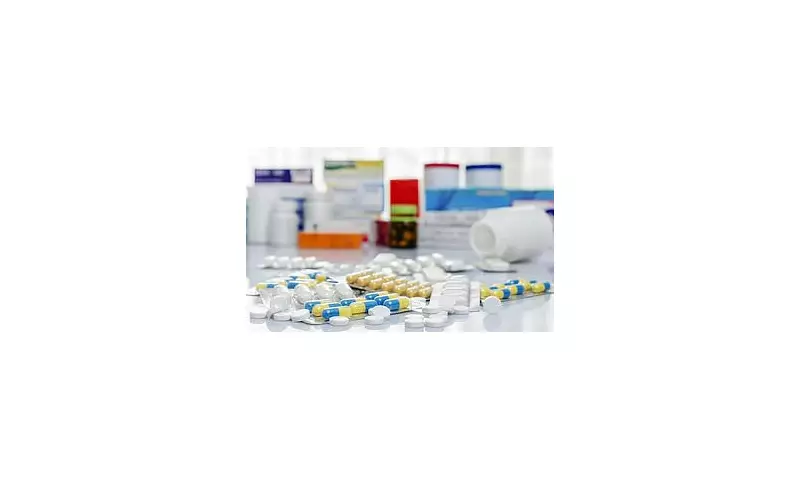
Groundbreaking research from the UK has uncovered a significant side effect of a common medication, revealing that antidepressants can cause serious damage to the gut. This damage has the potential to increase the risk of developing various health conditions, including certain cancers.
The Gut-Brain Connection Disrupted
A team of scientists at the Quadram Institute in Norwich conducted a detailed investigation into how over 300 commonly prescribed drugs affect the complex community of bacteria living in our guts, known as the microbiome. Their study, involving six participants, pinpointed a specific problem with antidepressants.
The researchers found that these medications, taken by nearly nine million people across the UK to boost mood-regulating brain chemicals, actively disrupt the existing gut bacteria. This disruption leads to a reduction in the production of vital nutrients and proteins that are crucial for maintaining a healthy digestive system.
Consequences of a Damaged Microbiome
When the delicate balance of the gut microbiome is thrown off, the consequences can be wide-ranging. The issues begin with uncomfortable digestive complaints like bloating and can escalate to conditions such as irritable bowel syndrome.
More alarmingly, a compromised microbiome is linked to more serious health problems. The study connected the damage to an increased risk of obesity, inflammatory bowel disease, and even certain types of cancer. This highlights a critical, previously underappreciated, side effect of long-term antidepressant use.
A Simple and Effective Reversal
In what is being hailed as a crucial discovery, the research team also identified a straightforward way to counteract this damage. They claim that taking a daily prebiotic supplement can help restore gut health.
The specific nutrient identified is called fructooligosaccharides, a type of plant fibre. This prebiotic works by travelling through the digestive system to the large intestine, where it acts as a high-quality food source for the beneficial gut bacteria. By stimulating bacterial growth and activity, the prebiotic helps rebuild a resilient microbiome. Fructooligosaccharides are often already found in many probiotic supplements designed to support 'friendly' gut bacteria.
Lead author Professor Daniel Figleys, whose work was published in the journal Nature Communications, explained the broader implications. 'Our research shows everyday drugs don't just act on the body, they can also reshape the gut microbiome,' he stated. He warned that drugs might push this internal ecosystem into a less robust state, making it harder for it to cope with other challenges.
He added a note of hope, saying, 'We've also found that certain dietary compounds, such as prebiotics, can help restore this resilience and protect the microbiome from some of these drug effects.' This offers a potential lifeline for the millions relying on antidepressants for their mental wellbeing.






